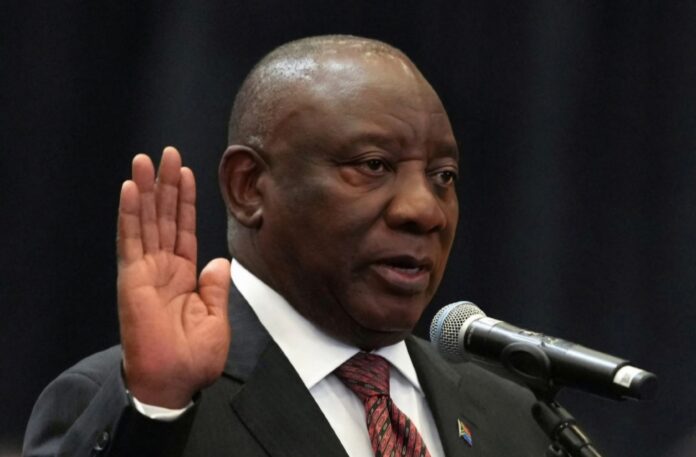President Cyril Ramaphosa, in his 2025 State of the Nation Address (SONA), highlighted the government’s commitment to social welfare (SASSA), revealing that over 28 million South Africans receive monthly social grants. This staggering number is our times the country’s personal income taxpayers, which stand at just 7.4 million.
“Since the dawn of democracy, we have worked together to reduce poverty. Today, our country spends around 60% of our national budget on the social wage,” said Ramaphosa. The social wage includes grants, healthcare, education, community development, and public employment programs.
- Over 10.5 million learners benefit from no-fee public schooling.
- More than 900,000 students receive financial aid for tertiary education.
However, critics argue that this system is financially unsustainable. Nicholas Woode-Smith, an associate at the Free Market Foundation, warned that South Africa’s tax base is too small to support such a vast social welfare system.
“Only three million South Africans pay 90% of income tax, which is an extremely narrow tax base,” he said. He further noted the heavy tax burden, which includes income tax (up to 45%), VAT, fuel levies, and estate duties, all while public funds are mismanaged.
R100 Billion transformation fund to boost black-owned businesses
Alongside social grants, Ramaphosa announced a R100 billion transformation fund to support black-owned small businesses and historically disadvantaged groups.
“For many decades, our economy has been held back by the exclusion of the vast majority of South Africans,” Ramaphosa said.
- R20 billion per year will be allocated over the next five years.
- The Public Procurement Act will be accelerated to ensure government contracts benefit women, youth, and people with disabilities.
- The National Skills Fund Disabilities Programme aims to train over 10,000 disabled entrepreneurs.
Since taking office, Ramaphosa has championed pro-transformation policies, including:
- The Expropriation Act, allowing government land redistribution.
- The Basic Education Laws Amendment (BELA) Act.
- The National Health Insurance (NHI) Act, which aims to provide universal healthcare.
- Social Relief of Distress (SRD) Grant: A Path to Basic Income?
Ramaphosa reaffirmed his commitment to expanding the SRD grant, which supports over 10 million unemployed South Africans. Originally launched at R350 in 2020 the grant has since increased to R370.
“We will use this grant as a basis for the introduction of a sustainable form of income support for unemployed people,” said Ramaphosa.
While some critics warn of a “dependent society”, others argue that grants are vital for preventing extreme poverty and malnutrition. However, the National Treasury has raised concerns about affordability:
- A permanent basic income grant could cost over R400 billion annually.
- This could expand to 35 million people between ages 18-60.
A recent High Court ruling declared that the SRD grant is now a permanent feature of South Africa’s social welfare system, forcing the government to find a way to fund it.
The 2025 Budget Speech on February 19 will provide more clarity on how the government plans to finance these ambitious policies.
As South Africa balances social support, economic transformation, and fiscal responsibility, the question remains: Can the shrinking tax base sustain these growing social programs?

